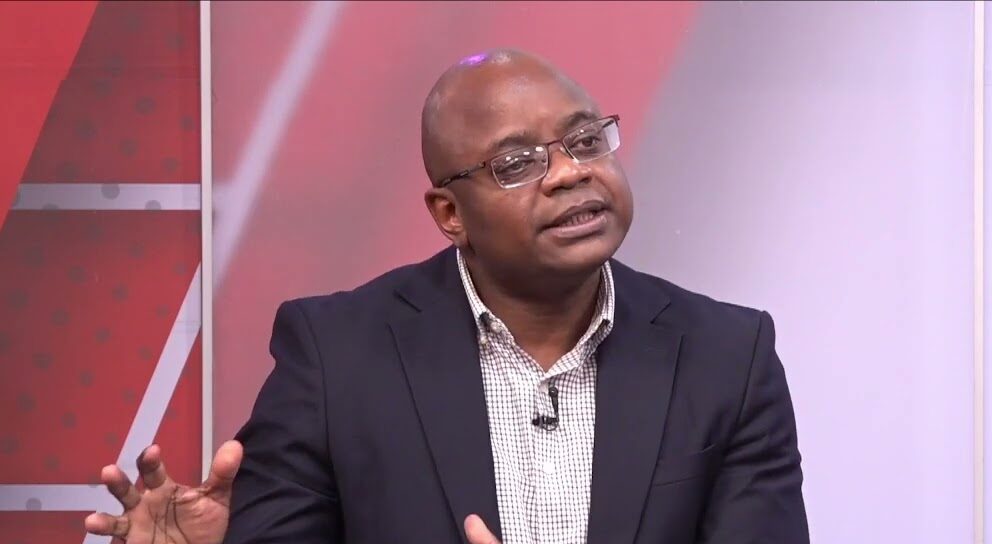By Winifred Lartey
Kenya is reeling from a deadly wave of protests as police crackdowns and rising public discontent clash on the streets of Nairobi and beyond.
Speaking on the Asaase Breakfast Show on Monday (30 June), Dismas K. Mokua, a presidential political analyst in Kenya, provided a sobering account of the complex interplay between constitutional rights, youth activism, misinformation, and the government’s missteps in communication and policy rollout.
Mokua began by grounding the discussion in Kenya’s 2010 constitution, which guarantees freedoms of expression, movement, and association.
These constitutional protections, he said, have emboldened citizens, especially the youth, to voice concerns about governance and policy decisions. “What we have witnessed in the recent past is a number of Kenyans expressing their views on topical issues around governance and policy execution,” he explained.
The analyst cited the controversial Finance Bill introduced last year, which drew national backlash for provisions deemed oppressive. Although the administration later withdrew some of the more contentious clauses, Mokua noted that the damage had already been done.
“The environment was already held hostage by misinformation and disinformation,” he said, adding that protests continued, both as an expression of ongoing dissatisfaction and as a remembrance for those who lost their lives during last year’s demonstrations.
This year’s protests have turned bloody. According to Mokua, the demonstrations were marred by violence, including reported shootings, hospitalisations, and destruction of property. He stressed that criminal elements infiltrated the protests, attacking police stations, looting businesses, and even setting court buildings ablaze.
“We’re seeing two kinds of protestors,” Mokua said. “There are those with genuine concerns about structural issues in Kenya, and then there are political goons—hired by politicians—whose actions are discrediting the legitimacy of peaceful demonstrations.”
One of the more troubling developments has been the death of 31-year-old blogger Albert Ujuang, who allegedly died in police custody after being arrested for a post implicating a senior police official in corruption. Mokua clarified that Ujuang’s death was not directly linked to the protests but nonetheless sparked outrage due to suspicions of abuse and lack of transparency.
“No one has seen the actual post, yet a complaint was made by the Deputy Inspector General of Police,” Mokua explained. “After Ujuang was arrested and transported to Nairobi, nobody seems to know when he died. The official report claims he died in custody, and several officers have been arraigned in court and face murder charges.”
The analyst also addressed the government’s controversial labelling of protestors as “terrorists” or coup plotters—an approach he warned could have damaging consequences. “Using blanket terms like terrorism does not sit well with Kenya’s reputation or with the constitutional right to protest,” he said. Instead, he advocated for precision targeting of bad actors through criminal intelligence, while protecting the right of peaceful demonstrators.
When asked about the so-called “shoot-to-kill” order that drew condemnation from opposition leader Raila Odinga, Mokua offered a nuanced view. While the Cabinet Secretary responsible for Interior, Kipchumba Murkomen, was quoted instructing police to shoot violent protesters, he later clarified he was referencing police standing orders allowing use of force only when lives are threatened.
Mokua aligned with the constitution’s stance that law enforcement must arrest and charge suspects through due process. “If you shoot to kill, it makes police judge and executioner, which is unconstitutional,” he said.
He attributed much of the unrest to a breakdown in policy communication from the Kenya Kwanza administration. “They have implemented commendable initiatives, but citizens haven’t been effectively informed or engaged. People don’t understand the rationale behind many government actions, which fuels suspicion and unrest.”
He praised Prime Cabinet Secretary Musalia Mudavadi for offering clarity through a recent diplomatic briefing that helped reframe the protests within acceptable civil norms. However, he stressed that such efforts must be adopted more broadly across the government and security apparatus.
Mokua called for a more structured dialogue between government and citizens. “Leadership must not be condescending. Respecting and communicating with citizens is critical. When people understand the logic behind government action, they are more likely to support it.”
“All you need to do is have a round table conversation… place expectations on the table, and execute areas of mutual interest,” Mokua advised. “Anything you do must serve the interests and aspirations of the citizenry.”
